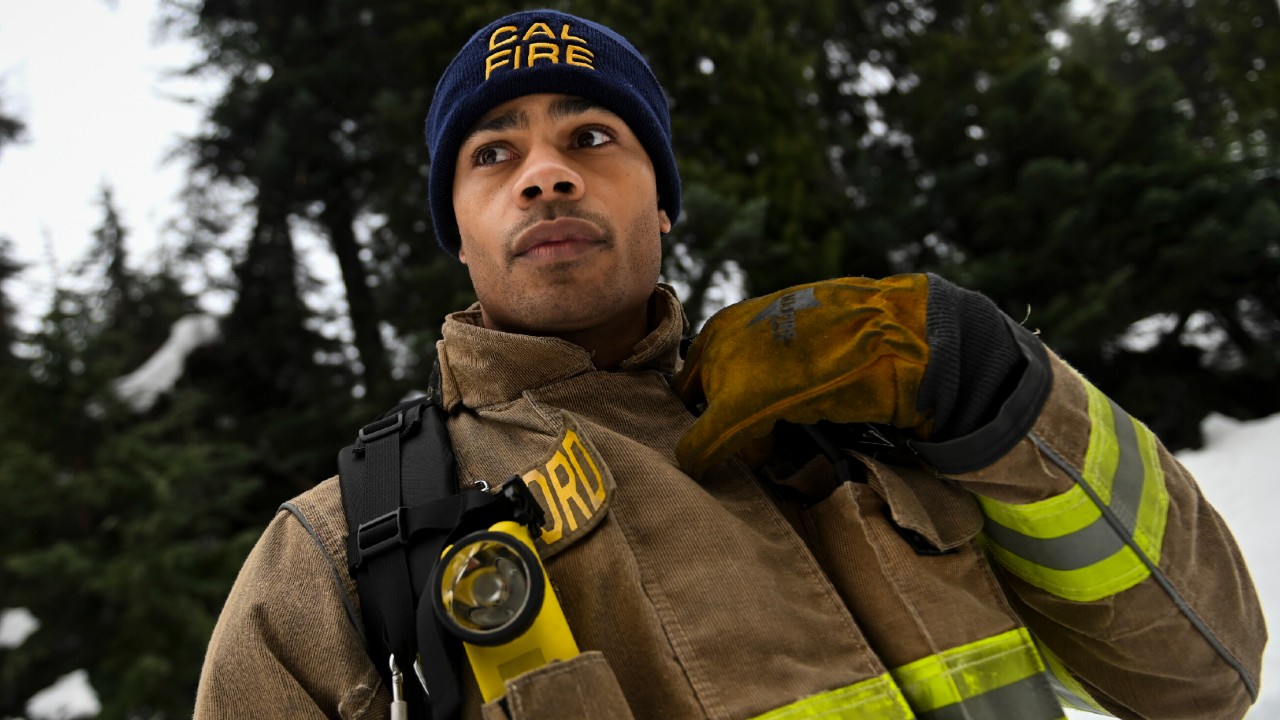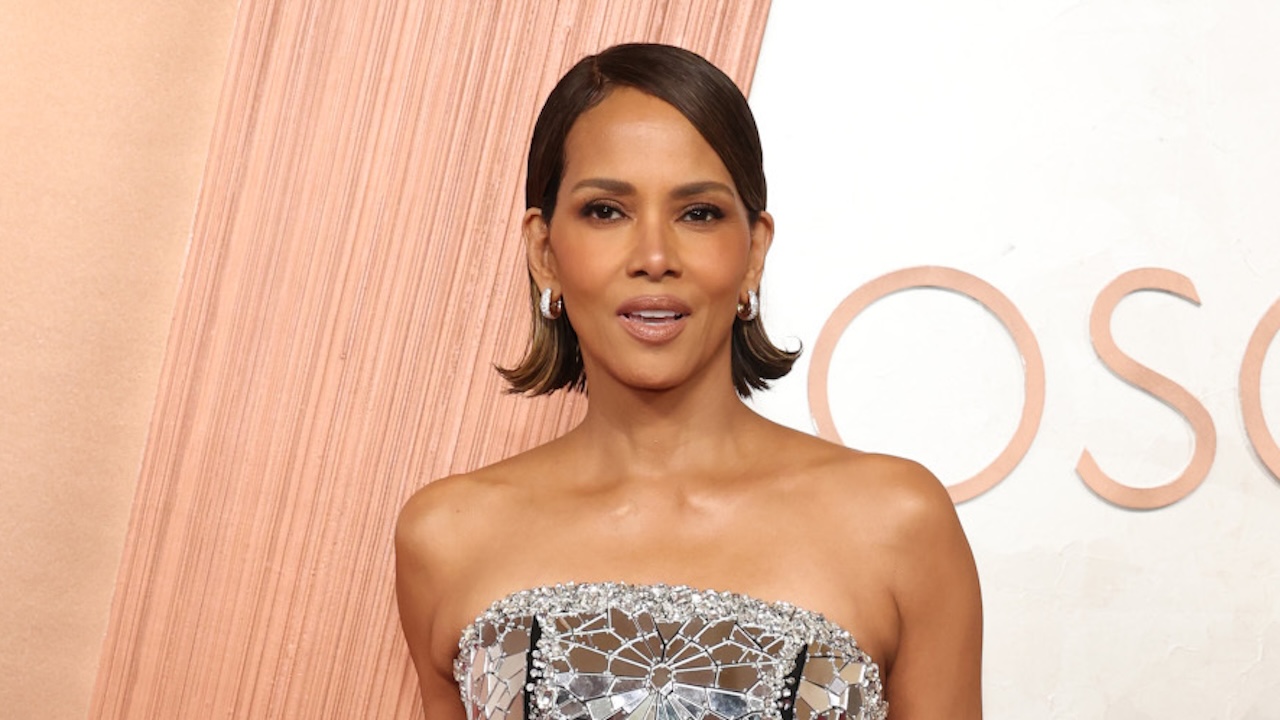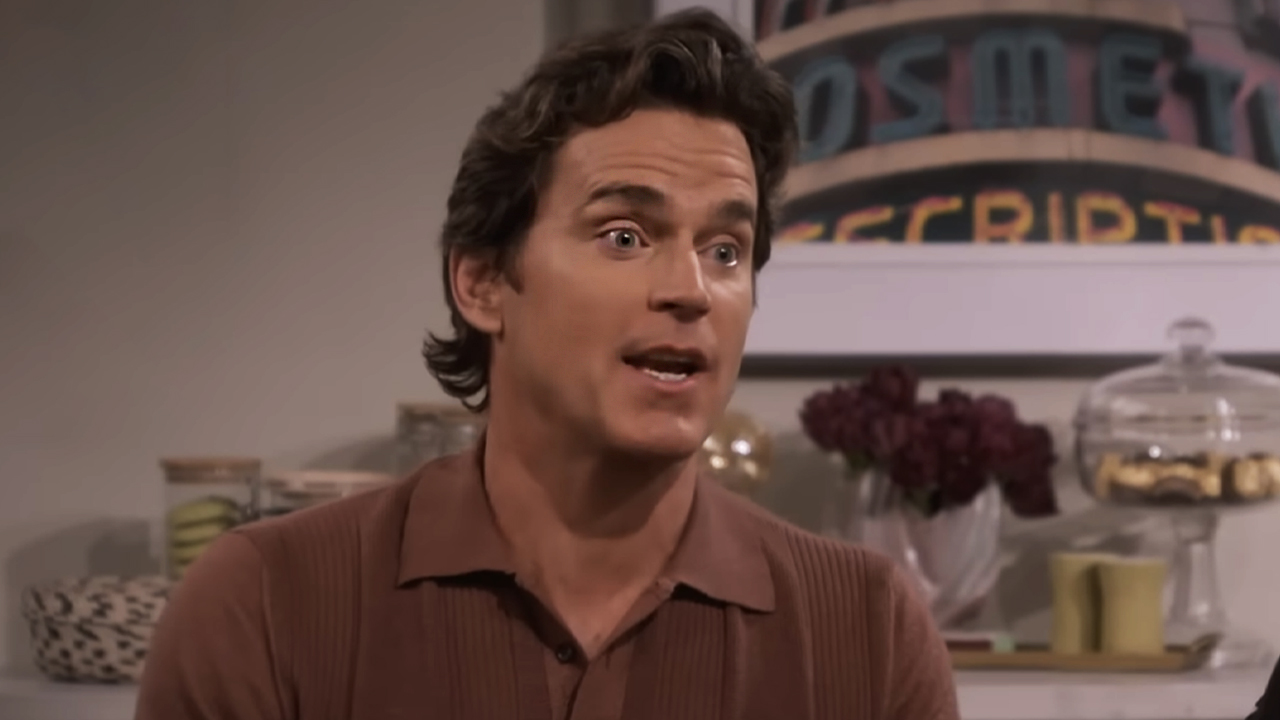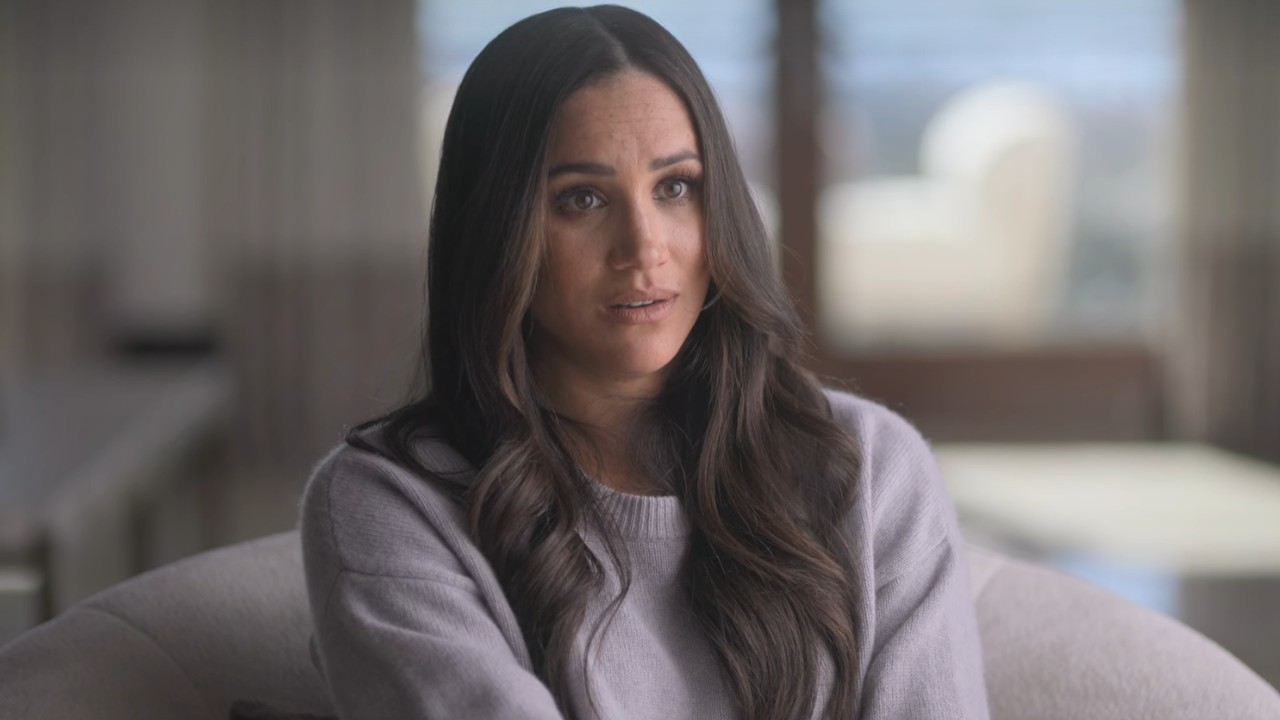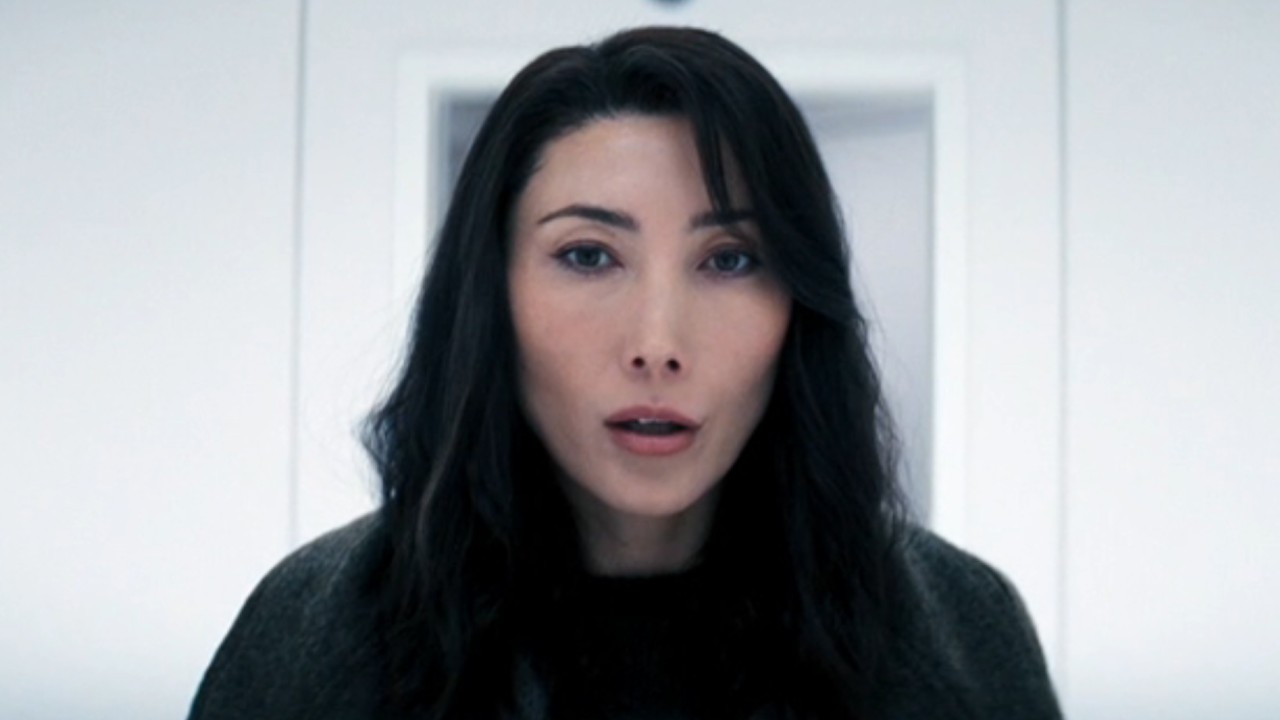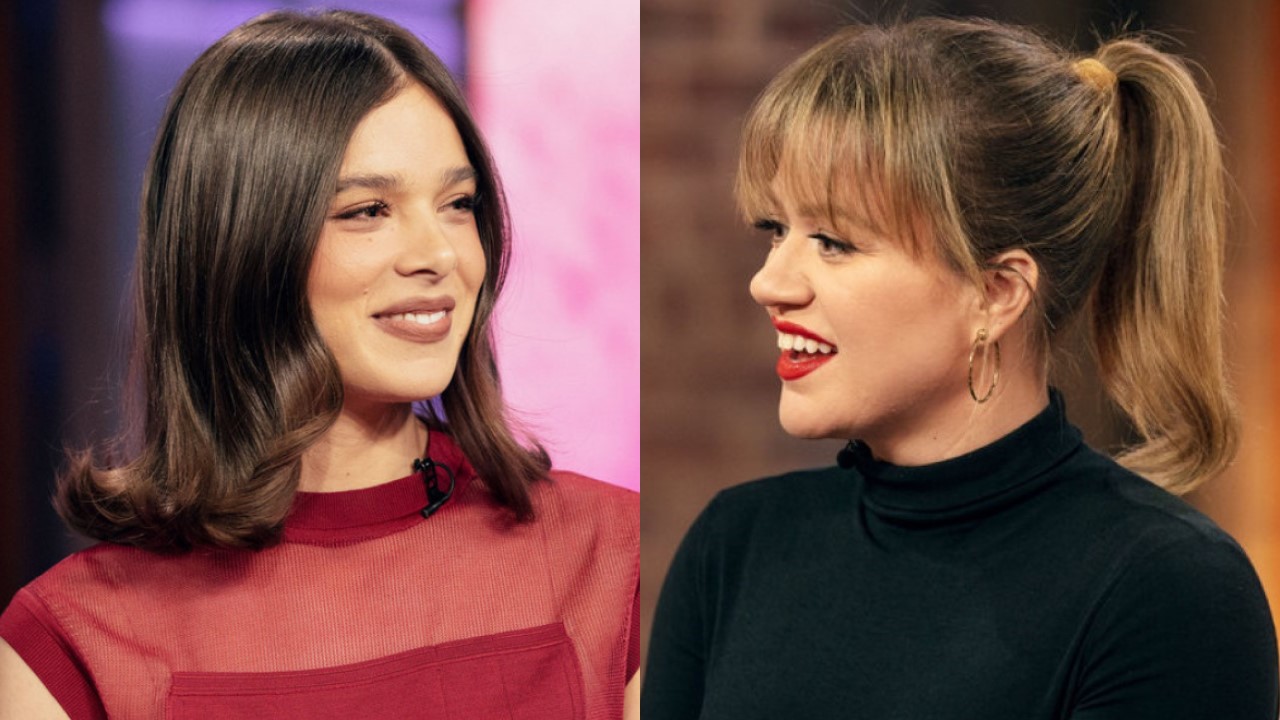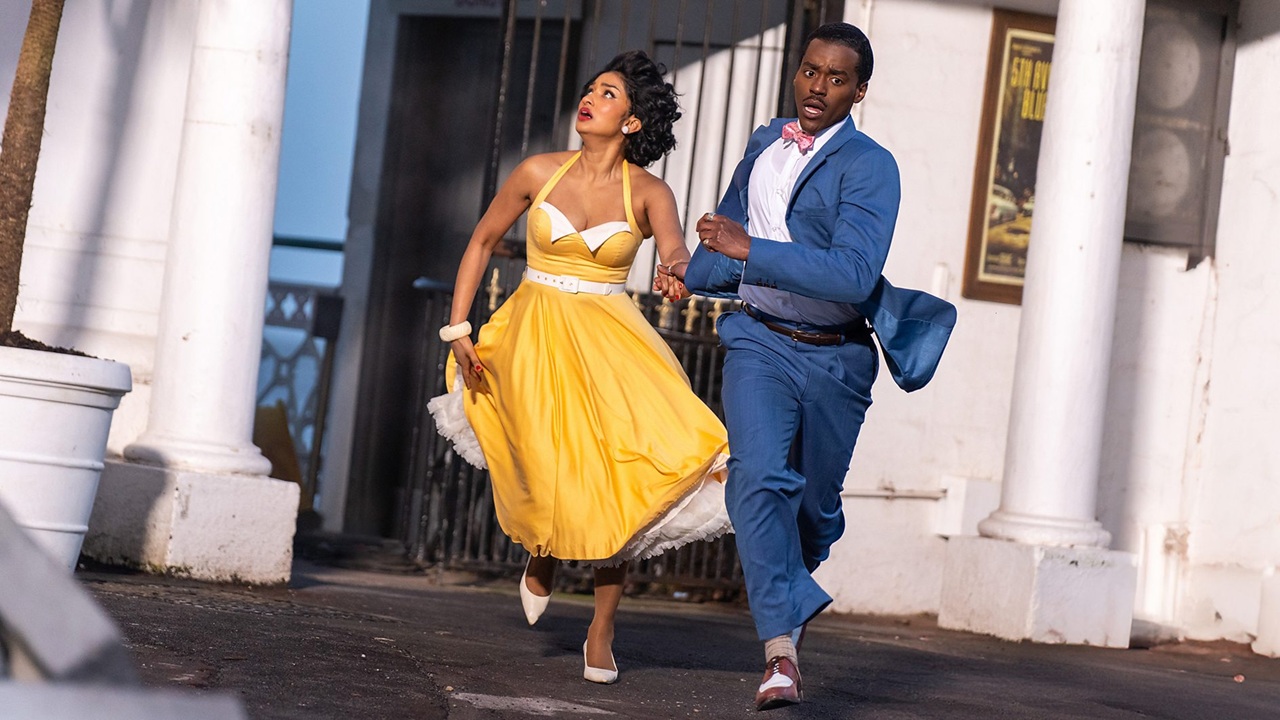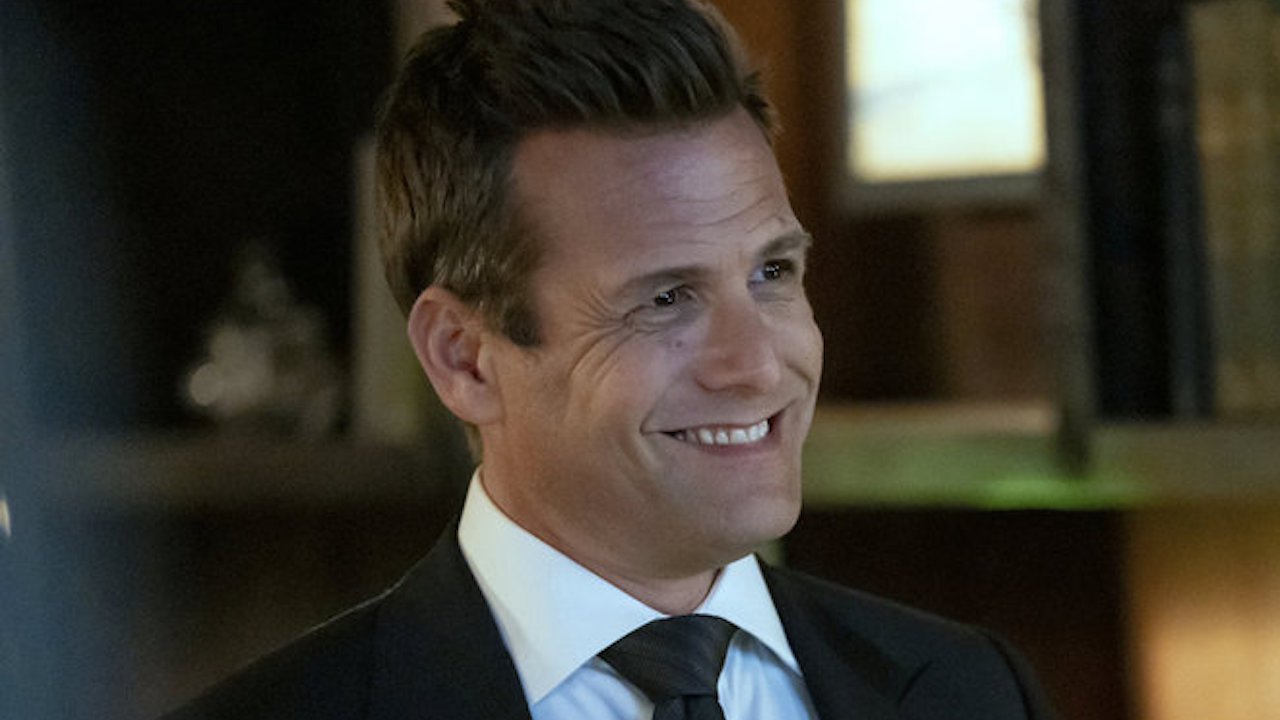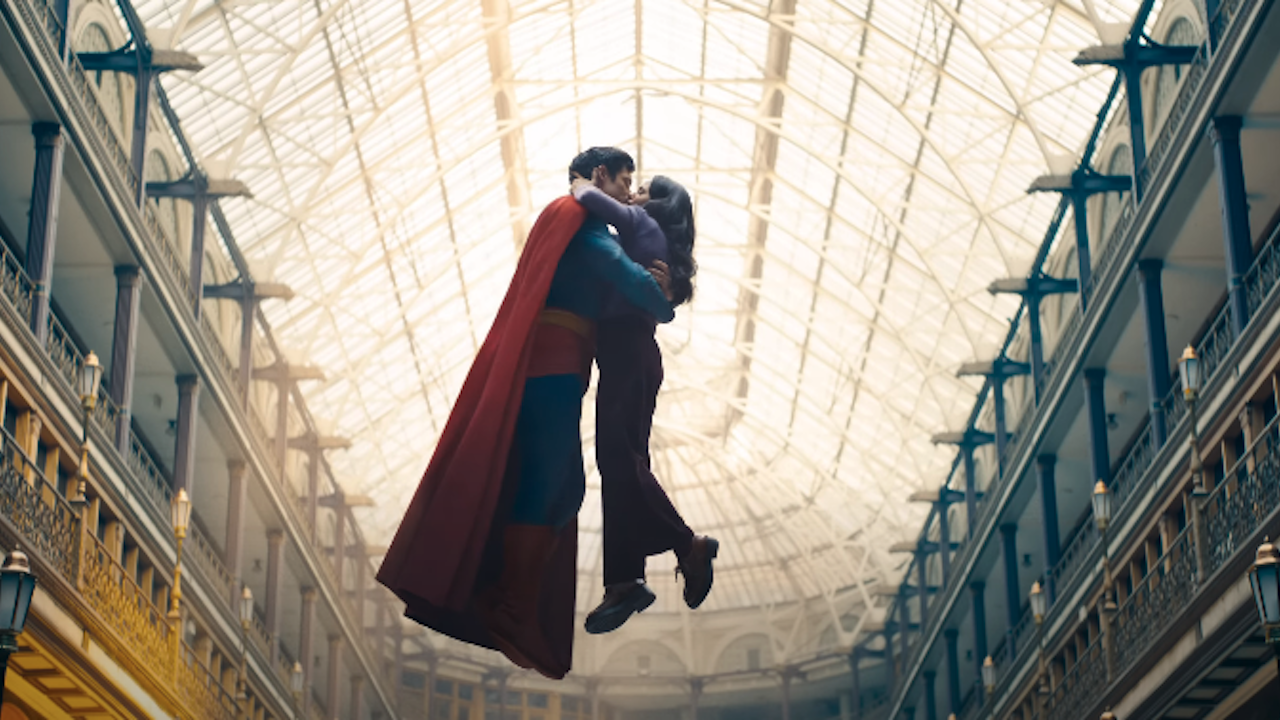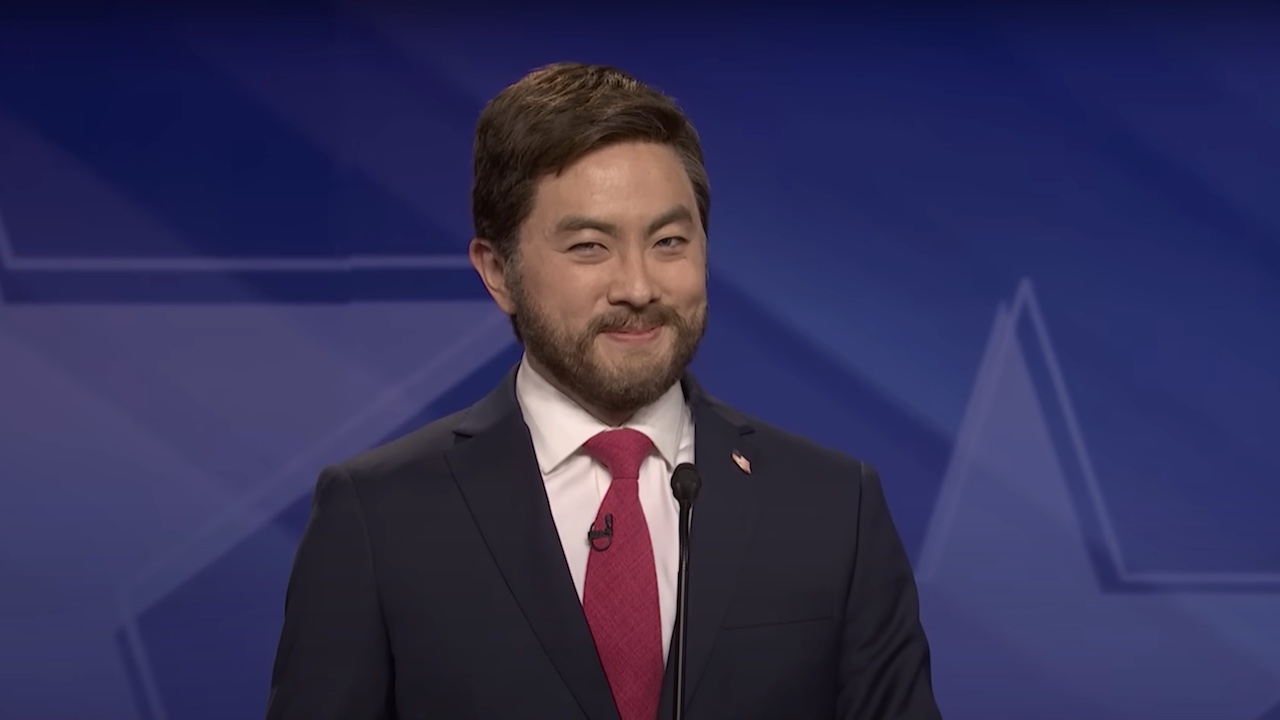Sundance Interview: Pariah Director Dee Rees Discusses Her Powerful Debut
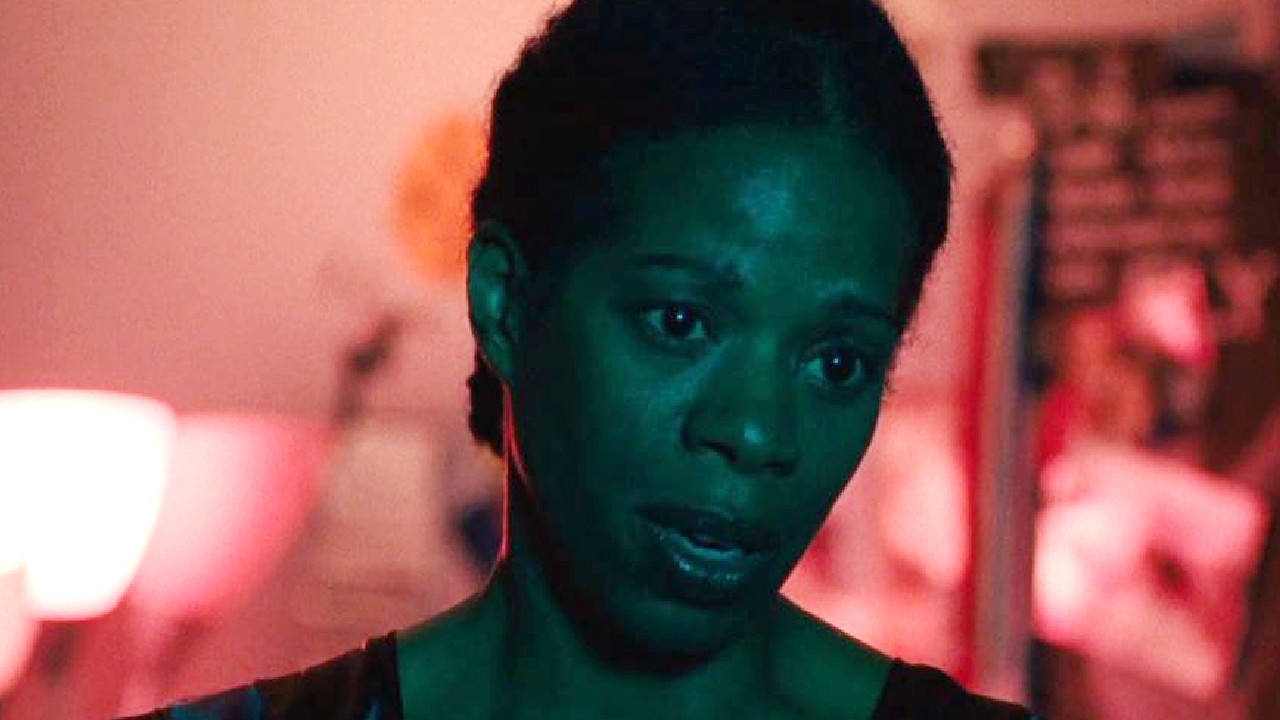
With the festival coming to a close Dee Rees' Pariah will likely end up on many a "best of" Sundance list, after wowing audiences with its refreshing spin on a time-honored genre. Reminiscent of the films coming out of New York's independent movement in the '90s (think early Spike Lee, Straight Out of Brooklyn or Just Another Girl on the IRT), Pariah tells the simple, coming-of-age story of Alike, a lesbian teenager struggling to keep her budding lifestyle a secret from her family.
Rees' restraint in bringing the story to life enriches the film with a sense of reality and power that feels unique in a sea of paint-by-numbers teen dramas (you can read more about the film here). Pariah marks Rees as one of the directors to look out for post-Sundance 2011 and I had a chance to talk to her about the evolution of the film, the autobiographical elements of the story and discovering an amazing new talent in star Adepero Oduye.
Check out what Rees had to say on her debut feature and expect to see the recent Focus Features pick-up sometime in 2011.
Pariah began as a short film that premiered at Sundance and has now come full circle, debuting the feature version at this year's fest. How long has this project been gestating in some form and what was the process of evolution?
It's been five years. It started off as a feature film, and actually, I was interning during school on Spike [Lee's] film Inside Man. During lunch breaks, I would be going off, sitting on an apple box, writing. It was an 140 page monster - you know, that was its first birth.
So during my third year at NYU, I needed a thesis film. It was too much to do a feature and another idea at the same time, so I thought it would be best to take an excerpt from the feature and shooting that. That was on my mind.
How did the final script change from the early drafts and the short film version?
CINEMABLEND NEWSLETTER
Your Daily Blend of Entertainment News
The firs thing that changed from the first version to this version is that the rest of the characters became rounded out. The page count shrunk from 140 down to 90, but the characters were more fully developed, it was tighter and every scene went further. I got into the Screenwriting Lab at Sundance in 2007, then took the notes from the Screenwriting Lab and worked on the script for the next six months. Then I applied to the Director's Lab in '08 - and that's how it came about.
How rooted in reality and your own experiences is Pariah?
It's definitely semi-autobiographical. I was never physically abused, but when I came out to my parents late in life, when I was 27, they definitely had an intervention. My Mom and Grandmother flew in one weekend and were like, 'What happened? Did someone abuse you?' and I was like, 'No, I promise I wasn't...' And then the next weekend my Dad flew in and he was like, 'Was it because of the divorce? Because we can get back together,' and I told him, 'No, it wasn't because of the divorce...' So both of my parents dealt with a lot of feelings of guilt, with feelings that something was wrong.
Were you able to go outside of your own knowledge, speak to other girls who might be going through similar experiences?
Yeah - the woman I interned for, Sherry Carpenter, a gay woman, she was great. She talked to me about her experiences. And my girlfriend at the time, Nekisa Cooper, helped me figure things out. She took me to my first gay club and I walked in and that Kia song was playing and I was like, 'Oh my God, this is insane.' That was definitely inspiration for the gay club scene in the film. It was really cathartic - I was writing as I was feeling it.
There are ways to boil down films like Pariah, that tackle social issues in a serious manner. Especially with the films that have come out in the past few years, it might be easy for some people to boil it down to a movie about the "African-American" experience - but it ends up playing to such a broad audience. Were there precautions you took so as not to corner yourself or fall into particular tropes of dramas?
I don't think there were things I was trying to avoid, my focus was on what I wanted to achieve. My goal was to have well-rounded characters, where the parents aren't stock, cardboard figures who pop in, rule us and leave. The biggest challenge was to flesh out all the characters - no one ever thinks of themselves as a "supporting character" in anyone else's lives. You're your own person and it's about you. I'm my own person and it's about me. Everyone has their own life.
I know on paper it seemed kind of daunting. Coming-of-age stories, people roll their eyes. The lead character's a writer, another eye-roller [laughs]. I was most afraid of that, another first time writer/director making that movie.
Were their films you went back to for inspiration to keep those recognizable elements fresh?
The only film that really inspired me was Paris Is Burning, a documentary. I like that film because it really immerses you in the world of '80s New York and gay youth subculture. It gave a real honest look at the people, their lives, their goals, their wants. Paris Is Burning was inspiring in how I wanted the film to feel. Creatively, most of my influences come from the literary world: Alice Walker, Toni Cade Bambara. Writers are my heroes.
Adepero Oduye is a stunning find as the lead character Alike. It's amazing to see young actresses dive into material the way she does in this film - what did she bring to the table for you?
Adepero came in when we made the short film. She was amazing--iit was our first day of auditions and we had our little room, little table, and she came in and blew us out of the water. She had her little brother's clothes on and, it's funny, afterward the producer went to the bathroom at the same time she did and Adepero was changing from her little brother's clothes into her real clothes and it's like, 'Oh my God! This is the scene!' [In the movie Alike changes from her butch clothes into more feminine stuff before returning home to her parents]
In terms of rehearsal - we didn't do many traditional rehearsals. I sent them in costume to Dave & Buster's with money, to play games, to go out and see a butch-identified lesbian in a straight environment. How do people look out you? How are you treated? We also took them to a lesbian club in costume for the same experience.
What were their reactions?
I think they felt vulnerable, maybe threatened. People definitely looked at them in a certain way. They didn't fit in. It got them in to the characters inner-struggle.
Do you have your sights on a follow-up project to Pariah? [Note: after this interview Focus announced that had picked up Pariah and hired Rees to write another screenplay for the studio].
Yeah, so I just wrote an original television series called The Ville, so I'm going to shop that around, about my home city Nashville, Tennessee. It's about a town going through an identity crisis, a place known for country music and honky-tonk, but there was a time in the '90s when it was trying to be more progressive. So it captures that, the different worlds - the mega-churches, the honky-tonk, the old money plantation millionaires, the trailer park boys - it has a very Wire-esque feel.
